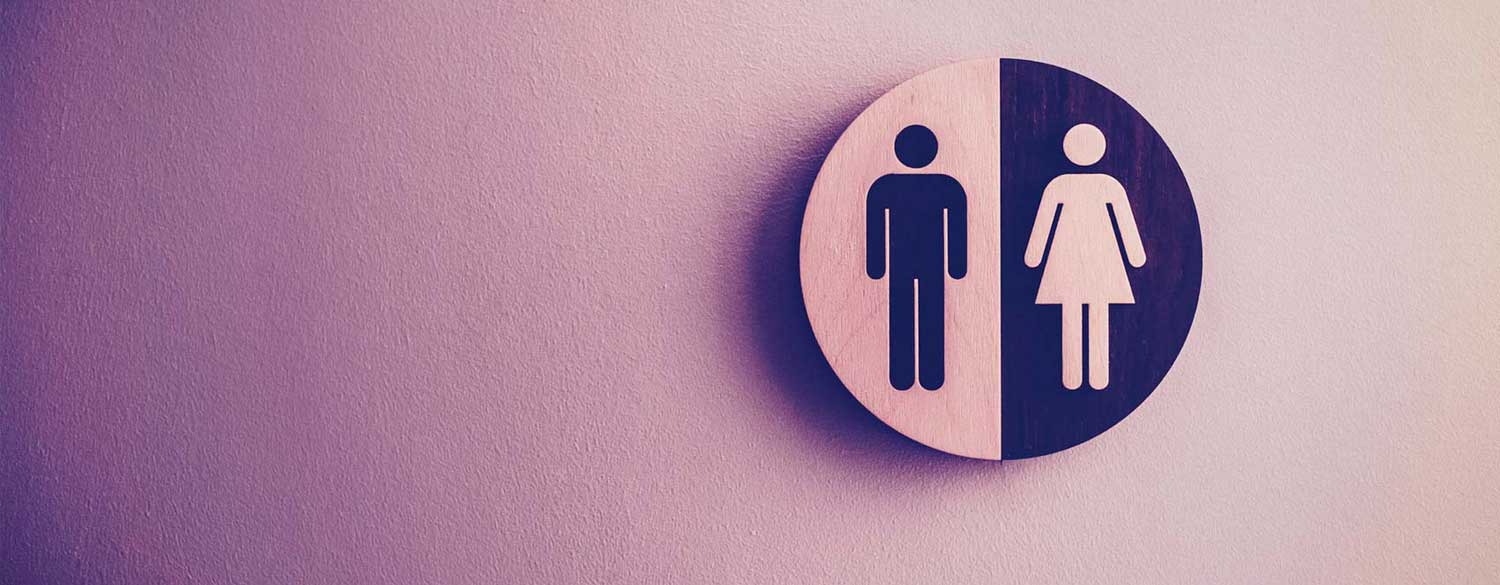
More than half of all women contract a urinary tract infection, also known as cystitis, at least once in their lifetime. Again, half of all women who have had an acute bladder infection will get another infection within a year.
Cystitis is an inflammation of the urinary tract. In addition to the urethra and ureters, they also include the urinary bladder. Most uncomplicated infections are to be distinguished from chronic or complicated inflammations. Women are generally more frequently affected by infections of the urinary bladder than men. This is due to anatomical conditions. Their urethra is shorter, which facilitates germs, especially bacteria from the body’s own intestinal flora, to have a much shorter path to the urinary bladder, where they trigger inflammation. The urethra and the intestinal tract, from which most bacteria originate as causes, are also closer together in women.
Several factors, such as hormonal changes, inadequate fluid intake, improper intimate hygiene or sexual intercourse, can promote the development of a bladder infection.
Puberty, pregnancy, menopause or the period before menstruation – hormonal fluctuations are particularly likely to lead to cystitis. Hormonal imbalances, such as those before menstruation, cause the mucous membranes to become thinner and the vaginal flora to change as well. Bacteria can thus settle more easily and rise into the bladder.
A lowered uterus, advanced pregnancy or residual urine in the bladder also means that bacteria are not flushed out completely and can therefore cause infections. If you often have bladder infections due to hormonal changes, you should discuss this with your gynecologist. For example, cystitis during menopause can be prevented by vaginal hormone therapy. If cystitis occurs during pregnancy, it requires medical treatment.
Increased fluid intake leads to frequent urination. This flushes out pathogens on a regular basis. Too little fluid during the day, on the other hand, causes pathogens to remain in the urinary tract longer, increasing the risk of a urinary tract infection.
Excessive intimate hygiene damages the vaginal flora, which creates a natural barrier against pathogens. Incorrect wiping direction in the genital area also makes it easier for germs to enter the urethra.
Frequent sexual intercourse can also increase the risk of bladder infections. Colloquially, this is also referred to as “honeymoon cystitis”.
The invasion of germs is not the same as the outbreak of an inflammation. The body’s own defenses are quite capable of keeping bacteria in check, so that the number does not become too large. However, if the immune system is weakened, an infection occurs all the more quickly. Chronic diseases, diabetes, but also lack of sleep and stress, in addition to other factors, place a heavy burden on the body and can be the reason for a weakened immune system. Cystitis pathogens have an easier time here.
Other factors that can promote a bladder infection are cold (e.g. sitting on cold stone floors), wet bathing suits, taking certain medications, estrogen deficiency during and after menopause, or diabetes mellitus.
Typical symptoms of cystitis are a frequent urge to urinate as well as burning and pain when urinating. However, cramp-like pain in the lower abdomen and an altered odor of the urine also indicate a urinary tract infection. In case of fever and blood in the urine, a visit to the doctor is urgently necessary.
If you suspect you have cystitis, please seek advice and treatment from your family doctor. In the meantime, plenty of warm herbal tea and a hot water bottle can help.
OvulaRing is a medical cycle tracker for accurate calculation of your ovulation and determination of your fertile days. Thanks to the patented method with vaginal temperature sensor, OvulaRing is suitable for all cycle types. As a certified medical device with app, OvulaRing is easy to use and as comfortable as a tampon.
VivoSensMedical GmbH
Limburgerstr. 74C
04229 Leipzig
Neues Jahr, neues Glück: Sichere dir noch Heute deinen OvulaRing Neujahrs Rabatt und lerne deinen Zyklus wirklich kennen: